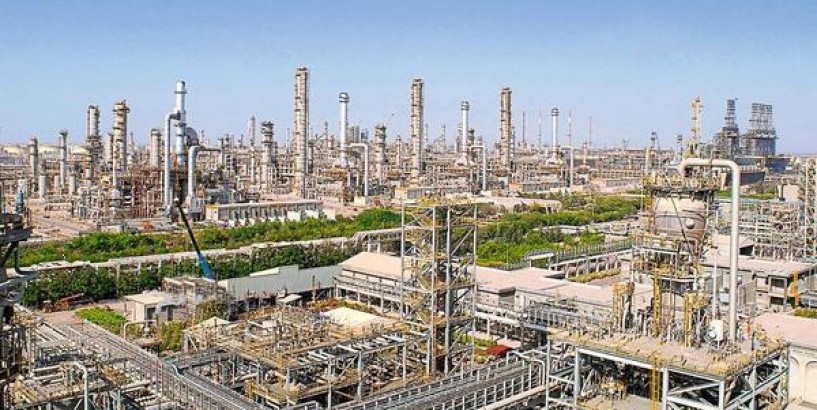MUMBAI: Reliance Industries (RIL) is focusing on new business-to-customer initiatives to hedge against volatility and strengthen its petrochemicals business .
Under this strategy, RIL will offer end-to-end tailor-made solutions to industries to manufacture windmills, design complete railway compartments in three years, build underground tanks with a shelf life of 25 years against the present 7-8 years, replace wood with composite material in home decor, make fire redundant fabric for curtains and design poles with composites for the telecom sector, among others.
In an analysts presentation to discuss March quarter results, RIL said it is adopting a strategic shift towards the consumer and diversifying into the production of chemicals using three major philosophies– investing in new-age technology and raw materials, moving from selling products to selling complete solutions and adopting digital technology.
“For petchem, we are adopting a strategic shift towards the consumer. The diversified countercyclical portfolio provides a natural hedge against volatility," RIL said in the 18 April presentation.
“RIL intends to position itself more as a customer-centric solution provider for petchem product requirements. One can see a visible shift in RIL’s petrochemical marketing strategy from a pure ‘B2B (business to business)’ to a B2C (business to consumer) and solution driven approach," said an analyst tracking the company.
This shift is part of RIL’s foray into new materials segment---composites and carbon fibre, said a company executive. RIL had in September 2017 acquired Gujarat-based Kemrock Industries and Exports for its foray into new materials--composites and carbon fibre.
Composites are used in various applications and industries such as renewable energy, mass transportation, infrastructure and other industrial products.
RIL did not reply to an email sent on 3 May.
RIL’s petrochemical business weakened in the March quarter as profitability was hit by lower volumes and muted spreads. Margins of key products like ethylene, benzene, monoethylene glycol (MEG) and butadiene were hit due to increased supply in the quarter.
“Petchem operating profit (ebitda) per tonne came in at ₹ 9,959/tonne versus our expectations of ₹ 9,988/tonne and production was 9.4 MT...measures have been relaxed to boost economic growth amid China’s trade tensions with the US and new projects during 2019, will result in an oversupplied petrochemical market, which will weigh on margins. We believe the petchem business will be the only weak point for RIL going into FY20. However, the ROGC project working in tandem with the pet coke gasifier can aid margins," said Amit Shah of BNP Paribas on 22 April.
RIL is among the top 10 producers globally for key petrochemicals. Last January, RIL commissioned its refinery off-gas cracker (ROGC) complex of 1.5 million tonnes per annum (mtpa) capacity along with downstream plants and utilities, culminating its $16 billion refining and petrochemicals expansion plan that it started in 2014.
JP Morgan Research in a report dated 22 April said, “RIL highlighted ‘unprecedented capacity build-up in Ethylene and Paraxylene Chains, utilization rates to drop and weakening olefin and aromatic cycle’. This is the most negative commentary we have heard from RIL in Petchem, and given the sheer size of RIL’s biz (Rs376bn, 43% of FY19 EBITDA), multi-year weakness in Petchem would be negative," said JP Morgan in a report dated 22 April.
According to Emkay Research in the composite space, RIL’s target is to achieve $5-7 billion in revenue. In Paraxylene, the company is looking to diversify from China to the US, Europe, etc. as units are coming up in the former," said Emkay Research.









